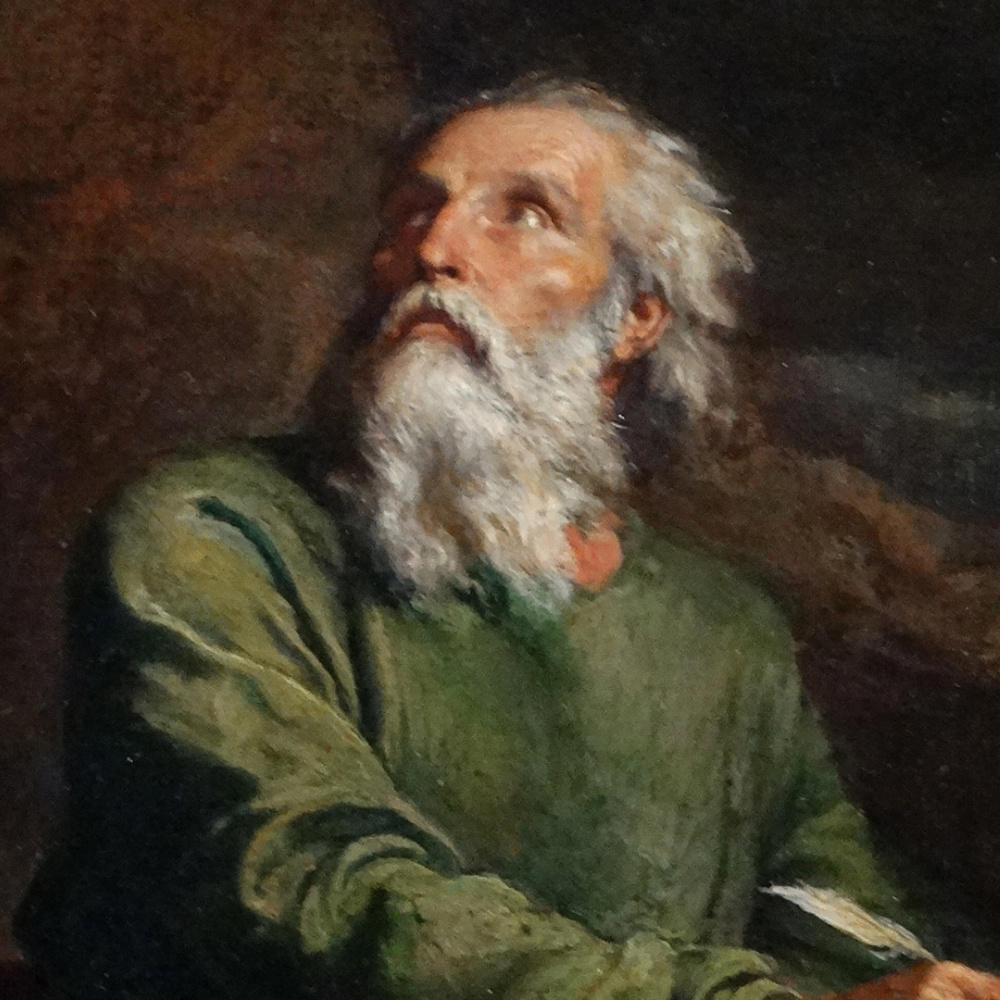Part 1: The Savior calls us to help the poor and needy
Poverty is on the increase in the United States this spring. Just putting food on the table has become more expensive for low-income people in the past months as SNAP (food stamp) benefits, which had been increased during the pandemic, have been cut back by about one-third just as inflation is reaching record highs, and grocery, rent, and fuel prices have increased. This reduction in benefits not only affects people who must juggle paying for food versus paying for rent or utilities, or medicine but also increases the need for food banks and similar charitable organizations to find greater resources to help the needy.
Low-income people may also suffer health setbacks in the coming months. Millions who were allowed to keep Medicaid coverage without renewing it each year during the pandemic will lose it as states once again begin to check for eligibility. The Department of Health and Human Services estimates that 6.8 million of the 15 million people who will lose coverage are actually eligible to keep Medicaid but will lose it anyway due to ineffective coverage reviews by state governments. The effects of these cuts will be especially bleak in the eleven states that have not expanded Medicaid under the Affordable Care Act and so have no safety net of medical care for poor adults without dependents. Poverty is on the increase.
The expanded Child Tax Credit was allowed to expire because many congressional representatives feared that continuing it would discourage poor parents from seeking employment outside the home. However, a real-life experiment showed that this reasoning is faulty: When enhanced unemployment benefits were withdrawn in 26 states in 2022 after their governors speculated that the benefits were “keeping the unemployed from looking for work and fueling a labor shortage,” the withdrawal of benefits led to a slight uptick in jobs—but most affected people were not able to find work. Further, the cuts to benefits led affected individuals and families to reduce their spending by $2 billion, negatively affecting the economies in those states and significantly lowering the quality of life in those households.
The idea that parents must be required to work leaves families in desperate straits, as the government does almost nothing to enable parents to find jobs and also does little or nothing to help workers to be good parents, while high-quality childcare is distressingly expensive and vanishingly difficult to find. Even able adults without dependents are not necessarily able to find work when decreased unemployment benefits or additional work requirements supply incentives to do so.
One of the chief characteristics of Enoch’s City of Zion, which Latter-day Saints are hoping to build and become part of in these last days, was the absence of the poor (Moses 7:18). This was also a characteristic of the Zion society in 4 Nephi (4 Nephi 1:3). Consider that if in the Lord’s ideal city, there will be no poor, then it follows that there will be no rich, either. We will meet our brothers and sisters on a joyful equal ground where we can engage in the Lord’s work without worrying about money or who has what—we will all have sufficient for our needs. Or, more likely, we will all have “enough and to spare” (Doctrine and Covenants 104:17). In the meantime, we can work to bring that aspect of Zion into our lives as much as possible as we do what we can to alleviate poverty in this less-than-ideal world. Economic deprivation is a curse that keeps on cursing.
Elder Jeffrey R. Holland has taught of the damage wrought by poverty and the need to care for the poor:
When I see the staggering economic inequality in the world, I feel guilty singing with Mrs. Hewitt of “blessings which [God] gives me now [and] joys ‘laid up’ above.” That chorus cannot be fully, faithfully sung until we have honorably cared for the poor. Economic deprivation is a curse that keeps on cursing, year after year and generation after generation. It damages bodies, maims spirits, harms families, and destroys dreams. If we could do more to alleviate poverty, as Jesus repeatedly commands us to do, maybe some of the less fortunate in the world could hum a few notes of “There Is Sunshine in My Soul Today,” perhaps for the first time in their lives.
I almost despair that governments at the federal, state, or local levels will put aside the self-interests of wealthy and better-off Americans to consistently and effectively provide help to the poor and needy. There are things that governments have done and could do, but only if the hearts and minds of many of their constituents recognize that peace and prosperity for us all depend on recognizing the need to share our resources to the point where we all have “enough and to spare.” So the question becomes, what can an individual do? What can we, as Latter-day Saints, do to help the poor and needy? We might first consider the ways we have been taught to think about those less fortunate.

















